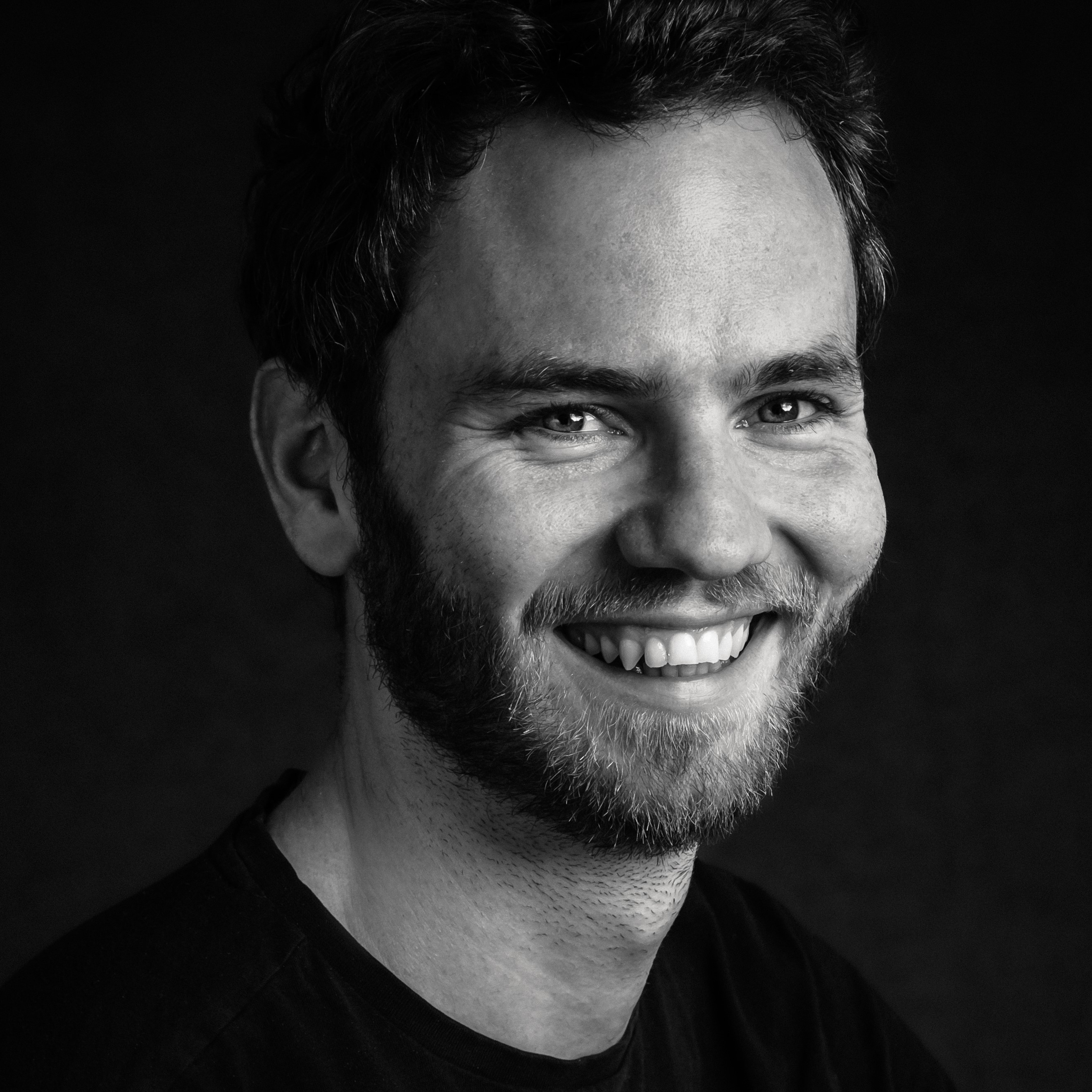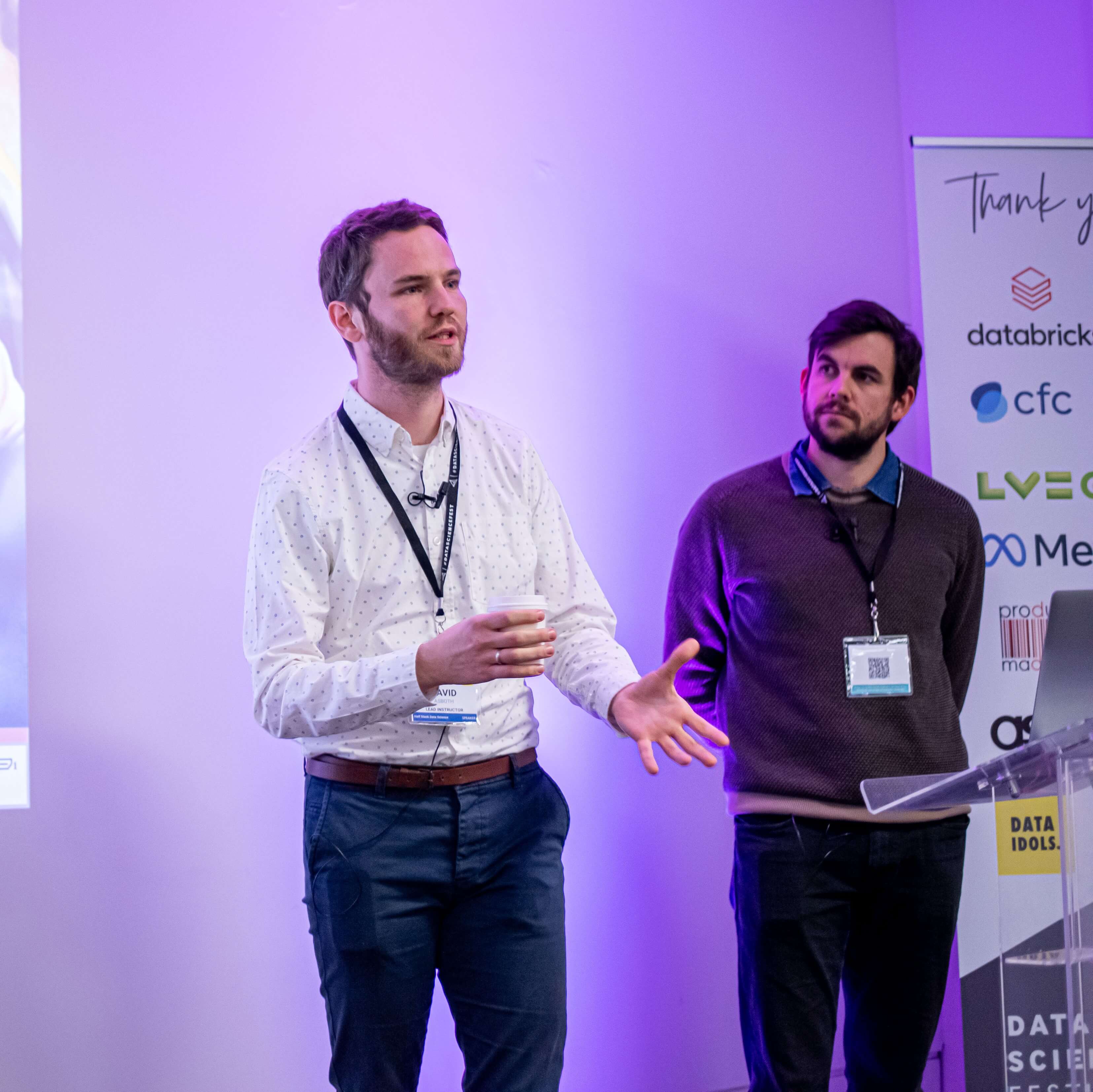How to use your impostor syndrome to learn anything
I have a theory that data science is a field where impostor syndrome is particularly rife, more so than other fields. There is so much to know under the wide umbrella of "data science" that no single human can know it all, yet we all go around calling ourselves data scientists, so the implication is that we should know it all. The more you learn about what's out there, the easier it is to be overwhelmed that you couldn't possibly ever learn everything, and from there it's not a huge leap to "I will never be good enough". You might see a tweet or read a paper from a fellow data scientist working on a different part of the field and think it might as well be in a foreign language and your heart might sink that there's yet another thing you don't know yet. The truth is that it's perfectly normal and fine for people to specialise and therefore have different strengths, but we can't all see this clearly all the time, hence impostor syndrome proliferating among us.
There are two ways to tackle impostor syndrome: either learn everything and genuinely don't be an impostor, or embrace the fact that you can't know everything at once, and instead get good at being able to learn anything. Clearly only one of those things works, and it's something of a slow-burning epiphany I've had over the years; I don't need to learn everything up front, I just need to be confident enough that I can learn anything when I need to.
How to learn anything
Alongside tackling impostor syndrome I've got my own reasons to want to know how to learn anything. As an educator I need to know how people learn, so I can teach them. As a data scientist, a career that itself requires a lifelong learning journey, I need to be able to figure out new concepts and algorithms pretty fast. As a consultant I also need to be able to teach myself new skills as they come up. When I was a software developer, I never wanted to pigeonhole myself as a "technology X developer", I'd have happily changed programming languages between jobs. Now as a data scientist, I don't even have a choice; every project is just so different. By this point I hopefully don't need to convince you that being able to learn something is a useful skill, but students often ask me how to "learn data science". That question itself is fraught with many rabbit holes, so rather than answering "well it depends on what you mean by data science" I usually give one piece of advice: learn by doing.
"David, that's so obvious, we hear that all the time" I hear you say. At least I hope some of you hear that advice every now and again. Obviously it makes sense to actually do the thing you're learning. Science even backs me up there - we retain more information if we apply our knowledge to a real life scenario. Not to digress here, but a big problem with the education system in many countries has always been too much rote memorisation, not enough application. This is also true of a lot of technical education, and especially counterproductive in data science, which is all about the application. Theories and equations will help you understand only a part of what makes data science a useful discipline. It took me years to learn this and even more years to apply it to how I approach the field. By now I've recognised in myself that the best way I learn something is to have a problem to focus on.
I used to hoard ebooks and links to free online courses with the (decidedly false) hope that one day I'd "get around to them". No points for guessing how many times I've sat down at my desk and thought "I should read one of those random ebooks or take one of those courses". The problem wasn't that I wasn't interested in the material; after all I'd saved the ebook for later. The problem was it wasn't immediately relevant, and that's where learning goes to die. If I don't have a clear example in my mind of where I'd use it, I won't be motivated to sit down and learn it.
I needed a new approach.
Learning by doing means the problem should come first. I'm motivated to solve a particular problem, and only then do I ask myself what I need to know to solve it. Maybe I already know how to do it, maybe I need to read up on something I used to know about, or maybe I need to learn something from scratch. Either way, because there is a problem in front of me, I can be laser focused on learning just enough to get a satisfying answer. This means you learn a fraction of the thing you're using to solve the problem, and this used to terrify me. This sort of learning is a recipe for serious impostor syndrome. Yes, I've just used algorithm X to get to my answer, but don't ask me to derive the underlying equations or remember any of the commands I had to type to get there.
The revelation I had is that this is fine.
It's fine to only know a small percentage of tool X, or algorithm Y. Just because you used it once, doesn't mean you should hold yourself to an expert standard. Clearly you're not an expert at it yet, just someone who managed to work out how to use it for your problem, but the problem was the goal and you got there!
Unsurprisingly to "learn by doing" you need to do lots of that "doing" thing. My advice to students is always to work on little pet projects. They'll help hone your skills, learn new ones, and make a portfolio to show prospective employers. You'd be surprised how few people take me up on that advice (myself included, I'll admit). Maybe because it's only one part of the equation. It's fine to "do stuff" but what if the feeling of impostor syndrome won't go away?
Maybe it doesn't need to.
Channel your inner impostor
Impostor syndrome is a reminder that you don't know everything, but it could also be a reminder that you can't know everything. In fact, being an impostor is not a bad mindset for a data scientist trying to make sense of the business around them.
One mindset shift I recommend for data science is that you should always be the stupidest person in the room, or on a Zoom call I guess. When someone talks about basic concepts, company metrics like conversion, churn, or even "customer", you should always ask for a definition. You might feel it risks singling you out as someone who "doesn't know", but you'd be surprised how hard it is to get a consistent definition for concepts that people talk about all the time. We shouldn't be afraid to question basic assumptions; in fact, progress often lies there. Think of it like a reverse impostor syndrome: by freeing yourself from the weight of knowing everything, you boldly go into a meeting as someone who is ignorant but eager to learn.
Obviously this goes for non-technical topics. You should probably always be the one in the room who knows the most about, say, linear regression, but if you've just been hired at an agricultural firm as a data scientist and know nothing about agriculture, don't be afraid of that fact. Use it to your advantage. The same way anxiety can be a good thing before an important speech or meeting, because it shows you care enough about doing well to be anxious, impostor syndrome can also be a useful companion. Free yourself and ask all the questions.
So let's hear it for impostor syndrome. We only ever talk about it as if it's a disease plaguing our industry, but it can also be our secret weapon in getting things done. Don't worry about learning it all up front. You'll almost always be measured on what you achieve, not what you know. I like the framing "just in time" learning rather than "just in case". In the meantime, just go and do stuff. Stuff that interests you, without worrying about what you'll learn from it or whether you'll learn anything. Chances are you'll learn along the way and be better equipped next time. And think of your self-imposed "impostor" label not as a judgement, but an opportunity to always learn something new.

About David
I'm a freelance data scientist consultant and educator with an MSc. in Data Science and a background in software and web development. My previous roles have been a range of data science, software development, team management and software architecting jobs.

